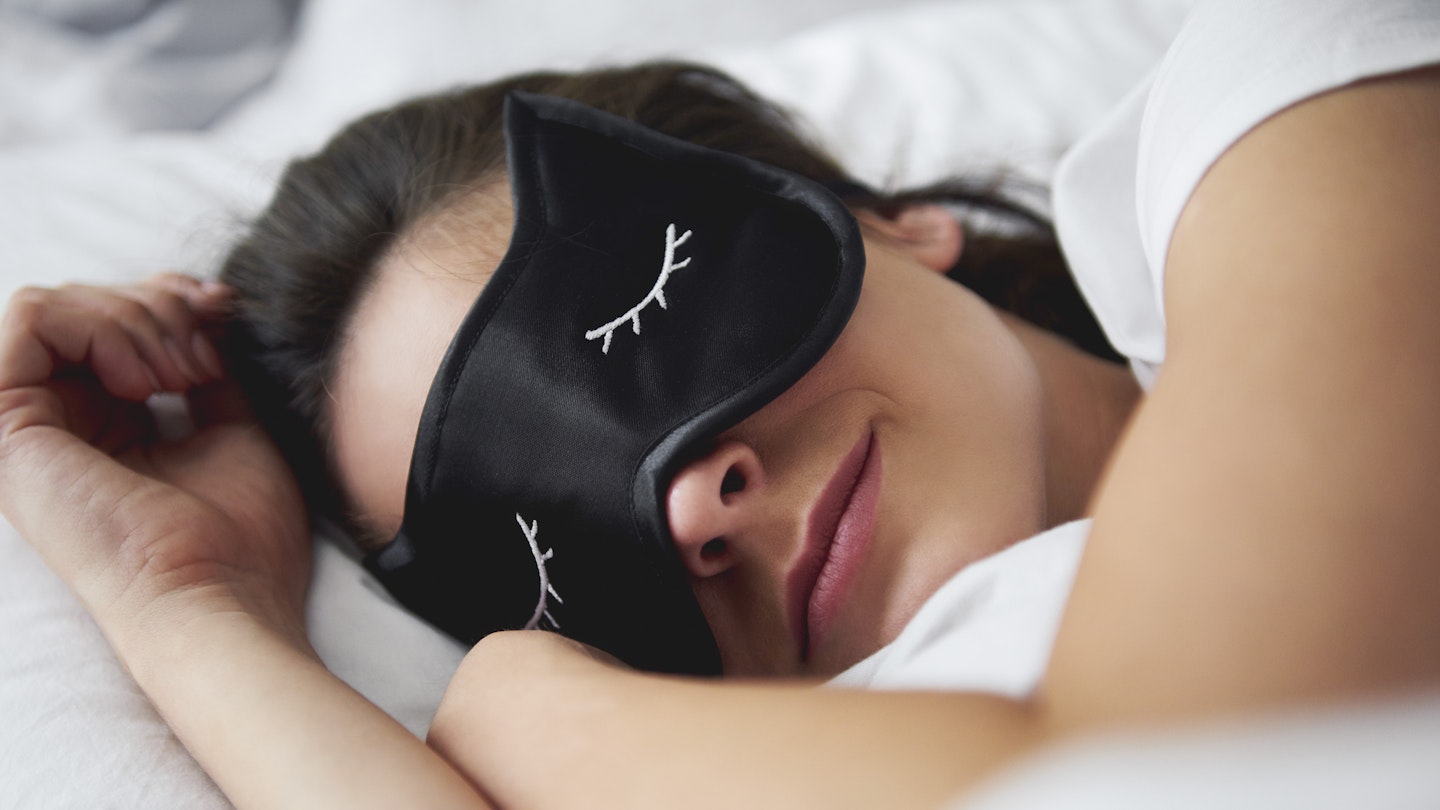Last night I lay awake, staring at the wall next to my bed and listening to my husband sleep. Not in a sweet, loving way. In a seething with rage, desperate with exhaustion, begging him to stop snoring so that I could snatch a few glorious minutes of rest.
Being in a relationship with a snorer is challenging, to say the least. We've tried foams, gels, strips, trips to the doctor and supplements. So far, the only thing that works is me going to sleep first and praying to sleep deeply enough that I'm not woken by the symphony erupting from his nasal cavity.
I am far from the only woman suffering this way. In fact, women lose on average three hours of sleep per night, thanks to their bedfellows. That's 45 days a year.
Welcome to the sleep gap.
Not only do we get paid less and do more housework, we also get far less sleep than men.
The main culprit for a bad night's sleep was snoring, with 22% of women saying that they're kept awake all night by nose-noise. It's not just snoring though - parenting is also a reason that women get less sleep, with 14% of women saying that they have to wake up with their kids during the night while their partners sleep through undisturbed.
In short, whether it's your partner's noiseysleeping or leaving you to do all of the night-time childcare, women are losing sleep and its bad for them. Experts across the board agree that getting enough sleep is essential for both your mental and physical health.
Sleeping properly protects your immune system, contributes to good heart health and reduces your stress levels. So by missing out on sleep, women are suffering both mentally and physically.
If you're suffering from a lack of sleep caused by your partner's noisey sleeping, it might be worth considering a sleep divorce, which is where couples choose to sleep in separate bedrooms every night.
Experts say that a sleep divorce doesn't mean that your relationship is in trouble, and in fact can result in you having more sex, as well as getting more sleep, and improve your general relationship quality.
'While a sleep divorce might sound extreme, or like a bad sign, it can be an investment in your own happiness. There really are pros and cons to sleeping apart from your partner, the main thing to bear in mind is that every couple and every individual is different and there really isn’t one size fits all when deciding what is best for you in your relationship,’ mind coach Anna Williamson told Metro.co.uk.
‘If your partner is restless in the night, perhaps they snore or breathe heavily, and as a result keep you awake or disturb you throughout the night, it can be a good idea to sleep apart from your partner in order to catch up on some much needed sleep.'
While the idea of not sleeping in the same room as your other half might sound extreme, it's been the default method of sleep for royalty for centuries. All the British monarchs have had separate bedrooms from their partners. As Lady Mary once said to her bedsharing parents in Downton Abbey, 'You do realise that really smart people sleep in separate beds?'
Snoring is something that a sleeping person doesn't choose and can't help, so while it's painful to listen to, it's not malicious.
On the other hand, if you are co-parenting with someone who doesn't do their fair share of night-time duties, you need to make it clear that it's time to start. It doesn't have to be Mummy who sorts out the bad dreams every single time, and it's not fair to expect you to.
If your life partner refuses to do their fair share of the jobs that steal your sleep, maybe it's not just time to consider a sleep divorce...
